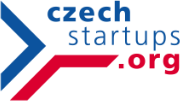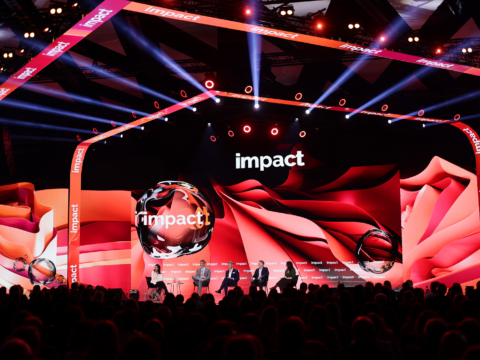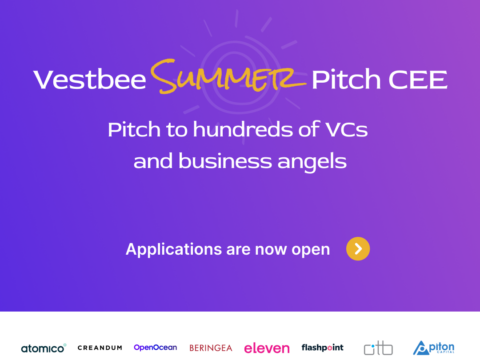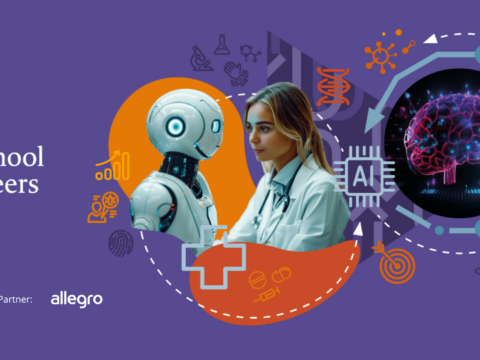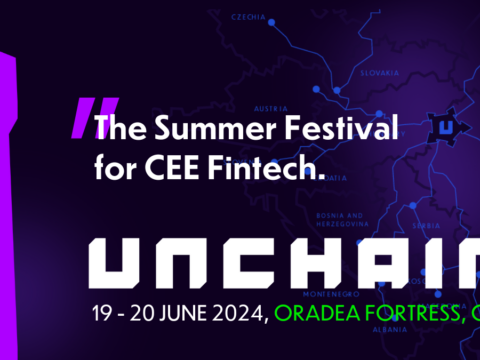The world of artificial intelligence is starting to affect almost all activities in our daily lives. Searching the internet, communicating with your bank, helpdesk on e-shops, advertising on social networks, or education. And it is this last one that Czech AI startup Skilldevelo is tackling with its product Skilldriver, which uses AI to “train through experience” and digitize education in companies.
Pavel Fáček, CEO of Skilldevelo, founded the startup with his colleagues a few years ago. As he says, he does not belong to the category of young startups, he already has years of experience in the corporate sector, and now he is using his experience with his similarly aged colleagues in the Skilldriver project, which is being incubated in the first call of the Technology Incubation Programme of the CzechInvest agency.
We sat down and asked about artificial intelligence, which is part of his everyday life. Why is OpenAI a game changer? What makes Skilldriver different?
1) A quality and professional employee is the calling card of any company. Your training instructional video can help them do that to a great extent. How are you different than other instructional and training videos and training?
Our difference and charm lies in our interactivity. Initially based on predefined branching and now more and more with the use of artificial intelligence, we create what we so-called simulations. That is, we simulate a conversation between a participant and a trainer, or any other role. This creates a completely realistic experience and, as we know, people learn best by experience, not just by listening or watching. Well, if you create a situation in sales skills training where a customer shouts at you at the beginning, is unpleasant and rejecting and you bring him to the state of a satisfied customer with the right questions and reactions, this is the best way to develop this skill in a safe environment.
2) You told me that your startup was founded by 4 people with years of experience in the corporate track. What inspired you to start a young company and start Skilldriver?
Well, it wasn’t that new for us. We started our first company together in college. It was already a tech company then, around the year 2000, so we had experienced the dotcom bubble, selling a stake to an investor and unfortunately failing, cleaning up, and putting the company to sleep. We scattered to different corporates then because of the need to support our families and mortgages.
By the way, our current company, Skilldriver, was formed by waking up the then-dormant company, so it has the founding year of 1996, which doesn’t quite fit for a young startup. However, we have concentrated our new technology activities in the newly formed parent company Sklilldevelo to start with a clean slate against potential investors.
3) Artificial intelligence stirs emotions. Excitement and fear. How do you feel about it?
For us, it’s enthusiasm. By spending years building a conversational engine for our simulations, large language models like ChatGPT in particular are a huge leap in our ability to have natural conversations.
The other incredible area for us is generating video graduation AI. We have our professional video studio and creating content takes a huge amount of time. Now, thanks to AI, we’re getting to the point where things we’ve been doing for days are created on a click with a few minutes. It’s unbelievable.
We’re taking full advantage of all the advances in audio-visual cloning as well. For example, I have created a completely realistic avatar, including my voice, which can speak several languages fluently, unlike me. Which is great for creating international training sessions quickly and efficiently.
Participation in the Technology Incubation project from CzechInvest is also helping us a lot with the implementation of all these technologies.
4) Can you imagine we won’t know the difference between talking to an AI or a human in the future?
Absolutely. And in short sequences, it’s already the present. If my cloned voice sends a voice message to my wife, for example, to send a card number to some email similar to mine, I’m almost sure she won’t suspect it at all and will do it. At least not now, because I’ve made the whole family aware of the fact that my digital double exists and what the risks are.
Now there is still the problem of synchronization with the real-time image, but we are already testing the first solution to that as well. We need to work out the synchronization of non-verbal communication, this does not exist now, at least as far as we know, but again it is only a matter of time.
So, in a very short time, in terms of audio-visual conversation, we will be in a situation where we will not be able to recognize whether it is a robot. With all the positive and negative consequences.
It is potentially a very exploitable technology. This is a major future risk that we will encounter more and more often and that we will have to learn to deal with. It will be another challenge to our critical thinking. I am generally quite negative about regulation, but some steps should be taken in this area.
5) What would you like to achieve in your personal and professional life in the next few years?
Well, in my personal life, I value freedom and independence the most, which I already have thanks to the company. In my professional life, at the moment, it’s creating a fully functional conversational video bot that can take on the routine work of some of the jobs – trainer, recruiter, salesperson, buyer, etc.
And next, we’ll see what life brings. All my life I’ve carried with me that I would like to have a chimney, a factory that actually produces something. And in doing so, I’m constantly revolving around technology. Maybe when I’m old…
Thank you so much!
Source: Skilldevelo

